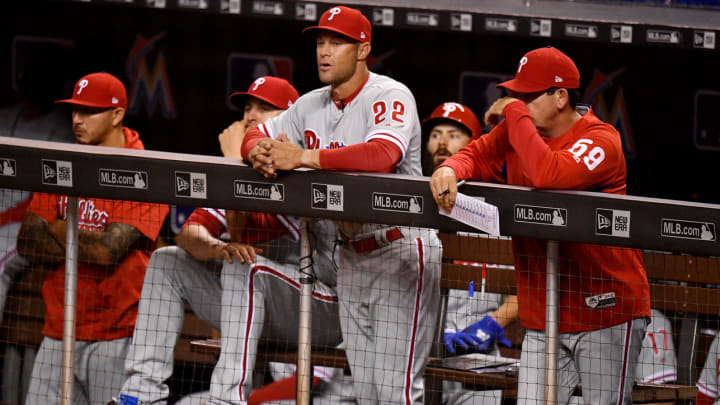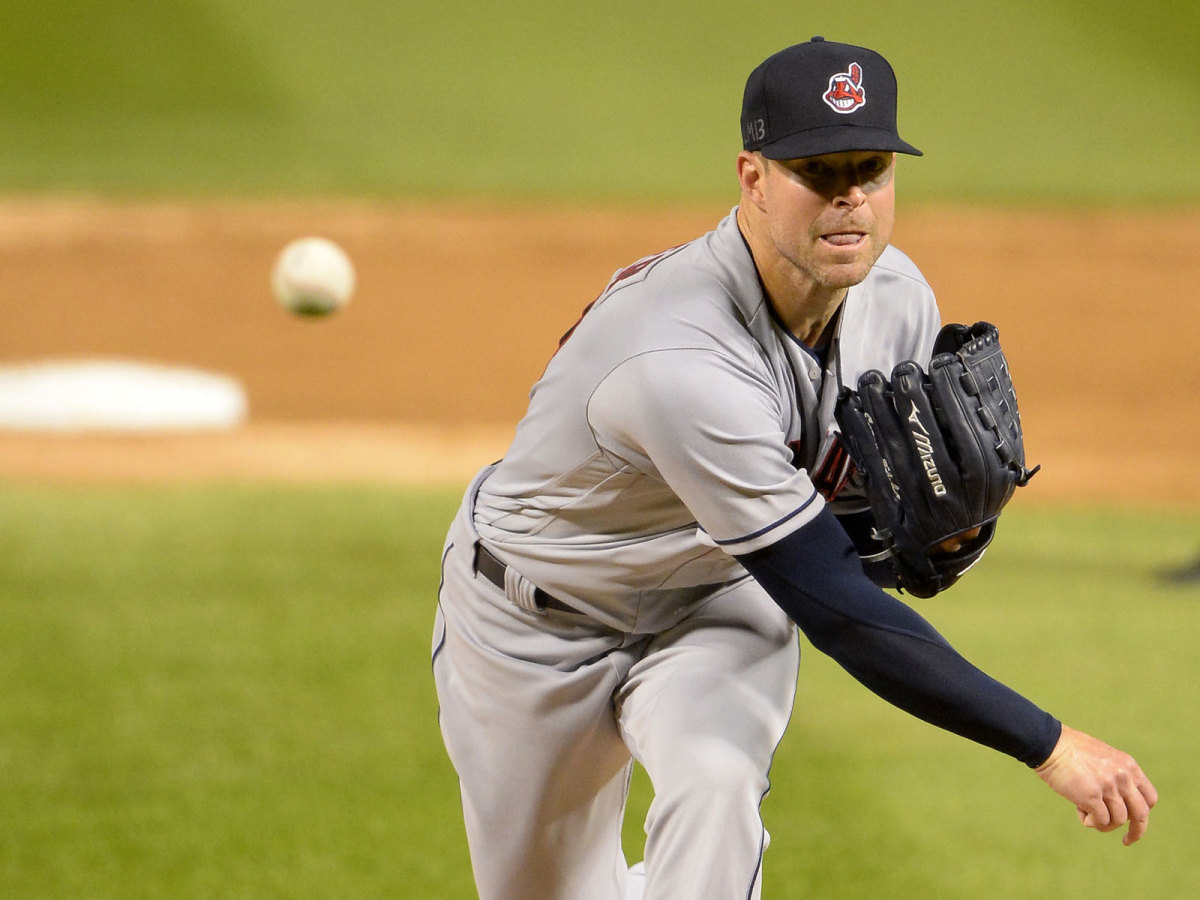What Should the Phillies Do as the Winter Meetings Near? Start Spending, Baby!

The Phillies’ offseason began with a proclamation from team owner John Middleton. “We’re going into this expecting to spend money,” he told USA Today. “And maybe even be a little bit stupid about it.”
Taken at face value, the statement might feel silly. The easiest and quickest way to win is to spend money, after all. If you want to win—any team owner’s goal, ostensibly—it should be stupid not to enter free agency expecting to spend money. But “stupid” is flexible, shifting relative to baseball’s definition of “smart.” These judgments tend to rely on process rather than outcome, and a smart process is one that displays innovation and good timing. It’s exploiting a market inefficiency, or discovering a new way to maximize player value, or waiting out a weak window. This is baseball’s current definition of “smart”: finding a way to do more with less.
Relative to that, then, is baseball’s current definition of stupid, as invoked by Middleton: doing more with more. The outcome might be the same. The process doesn’t have the same signs of conventional virtue, but it isn’t hard to look for conventional sin—greed, waste, shallowness—and, well, there’s stupid.
BACCELLIERI: The Paul Goldschmidt Trade Shakes Up the NL Central
But these definitions are flexible, and there’s another perspective. Paying big money is straightforward. It’s taking advantage of the most direct path from Point A to Point B. It’s brazen and almost refreshing—approach good players and pay them like good players, a strategy that should be endlessly possible in a league of teams owned by billionaires. It’s simple, but it doesn’t have to be stupid. There are still plenty of ways to make a mistake. (Pay the right player too much; pay the wrong player altogether; miss a good opt-out; include a bad opt-out...) But paying too much to lose isn’t inherently worse than paying too little not to try. There’s risk in spending money—but there’s risk in every option here, in every efficient move and frugal deal. Why should the risk of wasting money weigh more heavily than the risk of losing?
Spending can’t guarantee that a team will win, but it’s certainly the easiest way to boost the chances. It can be stupid. It can also be shrewd and gloriously smart. It can be a little of both at the same time! More than any of that, it’s transparent. A team has to be willing to declare exactly what it wants, to acknowledge the depth of its own resources, and to follow through on all of it. It’s stupid insofar as it’s honest.
With this context, then, Philadelphia’s been at the center of the rumor mill for just about every key free agent. The Phillies missed on Patrick Corbin, the market’s top starting pitcher, picked up on Tuesday by the rival Nationals. That leaves the big two: Bryce Harper and Manny Machado. The team has positioned itself as a potential candidate for both—most likely not both at once, although hey, it’s not impossible. But they’re not waiting for those big chips to fall to begin work. The club kicked off the winter by sending first baseman Carlos Santana and erstwhile top prospect J.P. Crawford to Seattle in exchange for shortstop Jean Segura, righty Juan Nicasio and lefty James Pazos. For Philadelphia, the move crossed off several important needs at once. It added a strong shortstop, cleared a logjam at first base (creating space for the promising young Rhys Hoskins), and built some bullpen depth. Heading into Winter Meetings, they’re free to focus on everything else on their list. What could that look like? If they’re really committed to going in all the way in a tough division and spending the money to match, here’s a glance:

Starting Pitching
The Phillies’ rotation is perfectly capable. Aaron Nola is dazzling, coming off a season that would have easily been worthy of a Cy Young Award in a league without Jacob deGrom. Jake Arrieta is Jake Arrieta—not quite his former self, but a steady rotation piece. Young Nick Pivetta has shown promise. They were chasing Corbin for a reason, though, and especially now that he’s gone to a division rival, they should keep searching for an upgrade. But there isn’t much elite starting talent among remaining free agents. Instead, a trade might be the team’s best bet to make a splash. The premium option? Cleveland’s Corey Kluber. The ace could take the rotation from fine to frightening, in a pretty logical fit for both teams. Cleveland’s biggest need is an outfielder, and Philadelphia can spare one. Say, Nick Williams, plus a few smaller pieces. (Alternatively: Odubel Herrera, plus a few smaller pieces.) This would also do them the favor of setting up more space for...
Bryce Harper
It’s all but guaranteed to be the biggest contract in baseball history. And Philadelphia would be better for it. The Phillies would add his generational talent in the outfield, show that they’re serious about contending for the long haul, and, as an added bonus, ensure that he doesn’t end up staying elsewhere in the division by returning to Washington.
TAYLER: Banning Defensive Shifts Wouldn't Change Much
A Catcher
The Phillies tried to paper over this hole last year with a deadline deal for Wilson Ramos. But Ramos is a free agent, and the club still needs a quality backstop. (Jorge Alfaro is passable, but likely not enough to stop the team from looking elsewhere.) Yasmani Grandal, perhaps? His value might take a slight hit after his postseason woes, but with elite defense and a serious bat, he’s still easily the top catcher on the market.
The Bullpen
Now, this is an area where they could get a little creative. Manager Gabe Kapler has shown an interest in flexible bullpen usage, and Philadelphia could look for a way to build a productive ‘pen around less conventional pieces. Or it could take a more straightforward approach. Scrap last year’s closer-by-committee model. Go for Craig Kimbrel. They’re here to spend money, after all—maybe even be a little bit stupid about it.
